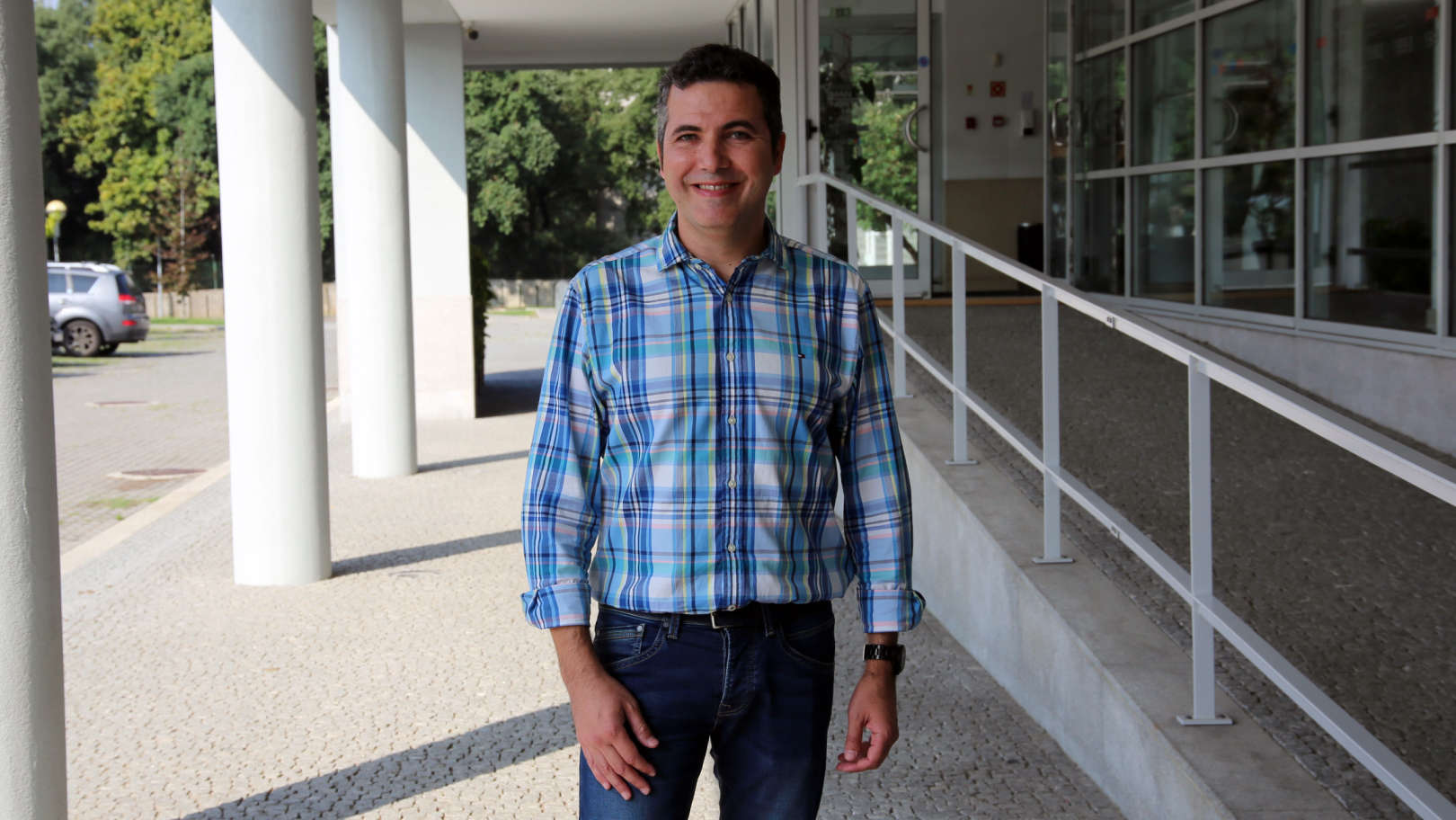About
Researcher at CESE. Currently working in research projects in the area of Technology Management, addressing aspects such as company's strategy, facilitators and barriers and also the adoption process of new technologies. I am interested in research topics such as Technology and Innovation Management, Academic Entrepreneurship and University-Industry Interaction. I have a post-doc in Industry 4.0, a doctorate in Technology and Innovation Management, a MSc in Biomedical Engineering and a BA in Automation Engineering. I have already worked as professor for undergraduate and graduate students, and have experience in the process of Business Incubation and Technology Transfer at the European Space Agency.


